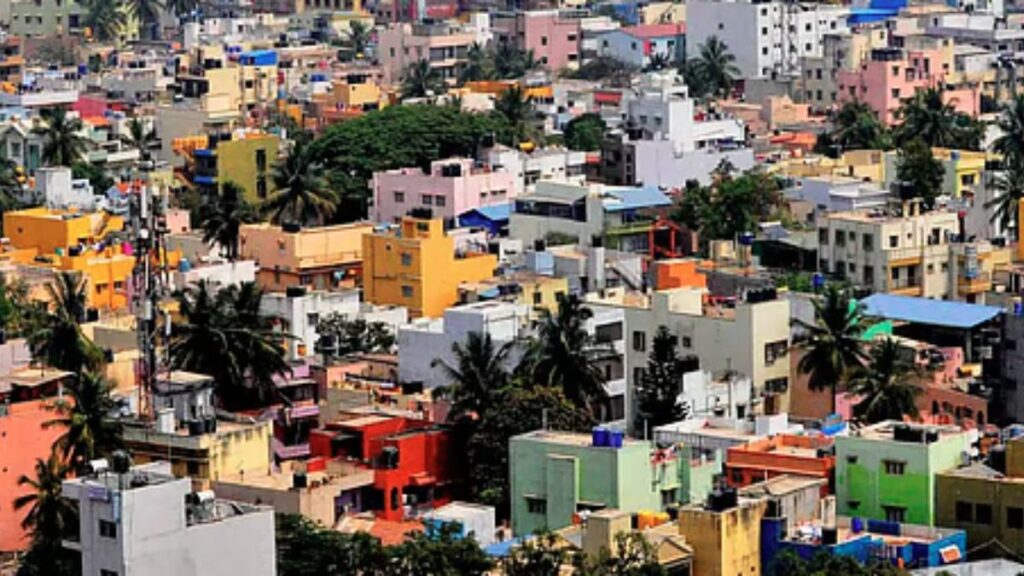Karnataka revises fines for building plan violations; minor deviations up to 15% can be regularised with new rates and added FAR, parking penalties
The Karnataka government has introduced a revised penalty framework for buildings constructed in deviation from approved plans within urban local body jurisdictions. This move aims to streamline urban development while offering a path to regularise minor infractions.
According to a recent government order, property owners with setback deviations of up to 15% from the sanctioned plan can now apply for revised building approvals by paying a stipulated fine. This initiative is intended to bring minor violations into compliance without encouraging major breaches of planning norms.
Also Read:Bengaluru Police Tighten Oversight on Quick Commerce Delivery Sector Amid Rising Crime Concerns
The updated penalty rates vary based on the type of building and the governing urban body. In Town Panchayat areas, residential, industrial, and other non-commercial buildings will incur a fine of ₹1,000 per square metre, while commercial structures will be charged ₹1,500 per square metre.
In Municipal Council areas, the rates are ₹1,200 for non-commercial and ₹1,800 for commercial buildings. City Municipal Council jurisdictions will see fines of ₹1,500 and ₹2,250 per square metre, respectively. The highest penalties apply in City Corporation limits, where non-commercial buildings face ₹2,000 per square metre and commercial ones ₹3,000 per square metre.
Additional penalties have also been introduced for violations related to Floor Area Ratio (FAR) and parking provisions. A flat fine of ₹5,000 will be levied for parking space violations. FAR-related infractions will attract fines ranging from ₹1,000 to ₹3,000 per square metre, depending on the building type and urban body classification.
Also Read: Mangaluru to Host Mega Tech Park, 11,000 Jobs on the Horizon
Officials emphasized that the revised structure is designed to encourage adherence to urban planning guidelines while offering a mechanism to address minor deviations. However, the regularisation scheme is strictly limited to cases within the 15% setback deviation threshold, excluding larger-scale violations from eligibility.

